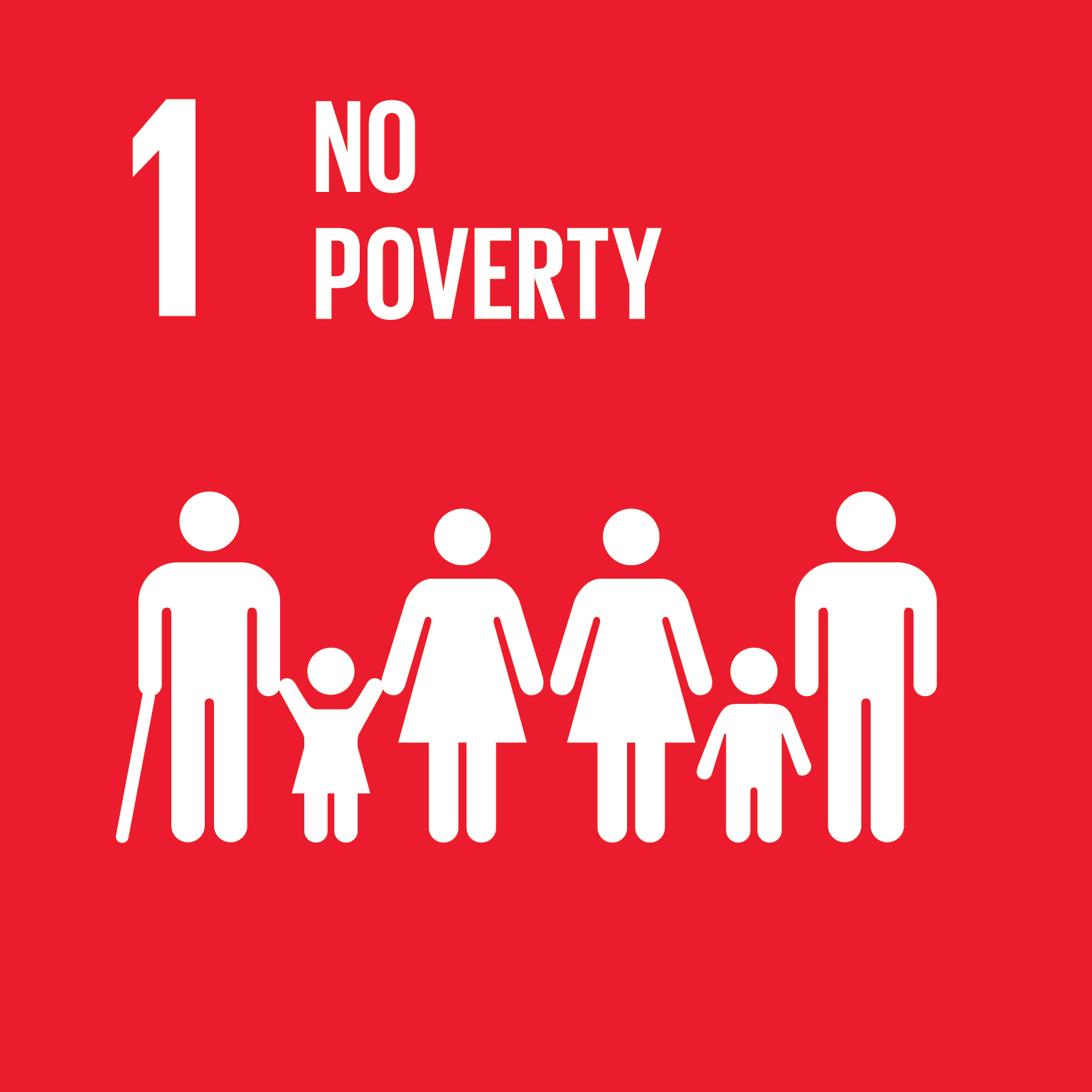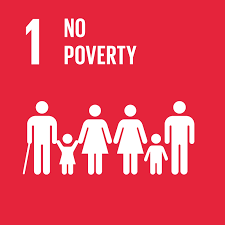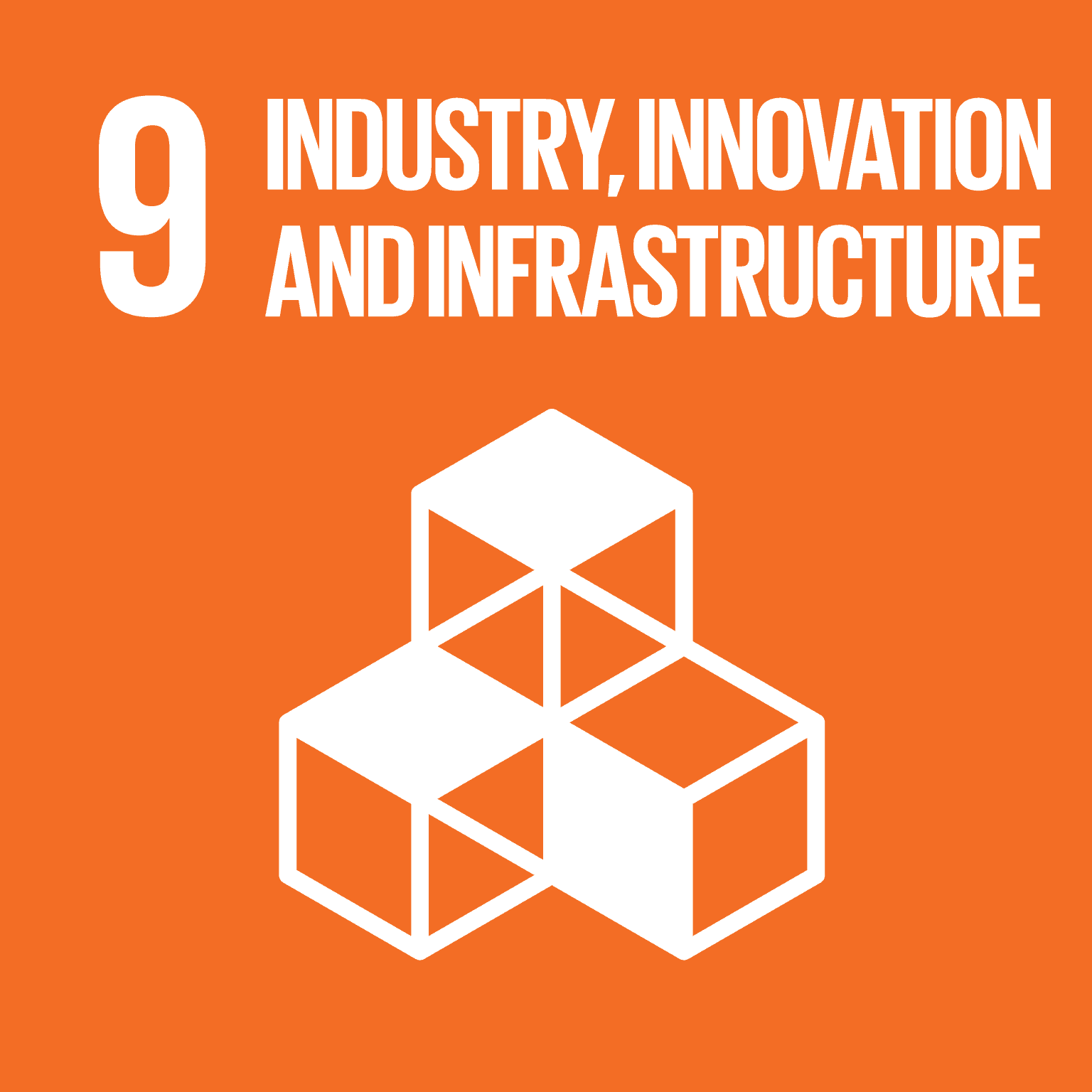Energy Efficiency Standards and Labelling
Challenges
Asia’s share in world energy use has been increasing rapidly in the last two decades. By 2035, Asia is projected to account for 56 per cent of world energy consumption, up from about a third in 2010. A significant percentage of the region’s total energy consumption occurs in the commercial, industrial and residential sectors, representing the use of appliances and equipment, motors and lighting. With high economic growth in many countries in the region, the demand for major appliances, equipment and electric power is expected to continue to increase while risking the rise of greenhouse gas emissions.
Many Asian countries have shown interest in including energy-efficiency standards and labelling (ESL) programmes in their national energy and environment development policies. Persistent regulatory, institutional, technical and market barriers often hinder these programmes, however. Most local programmes are carried out at the national level and – despite some regional cooperation efforts – do not benefit from technical or human resource exchanges with other countries in the region.
Towards a Solution
Asian countries use their regional South-South cooperation experiences and expertise to improve energy efficiency and mitigate greenhouse gas emissions:
Between 2009 and 2015, the Barrier Removal to the Cost-effective Development and Implementation of Energy-efficiency Standards and Labelling (BRESL), supported by UNDP and the Global Environment Facility, addressed these barriers by providing training and capacity-building, assessing and transmitting lessons learned, learning by doing, sharing work among countries and providing technical assistance. ESL programmes and policies have proven to be an effective way to improve energy efficiency and reduce greenhouse gas emissions. They are also much more cost-effective than providing new energy supplies, owing to their potential to bring about the complete market transformation of different classes of energy-saving products. The main challenge lay in either harmonizing the ESL plans of countries in Asia or in reaching mutual recognition of their respective standards. Removing technical barriers and setting energy benchmarks for the appliances in question have helped not only to increase the cross-regional trade of electric appliances but also to develop a regional market for energy-efficient and energy-saving products. Adopting applicable and recognizable energy-efficiency standards and labeling to all products in the region has helped to achieve these objectives.
The project involved six participating countries: Bangladesh, Indonesia, Pakistan, Thailand, Viet Nam and China as the host and lead country of the Regional Project Management Unit. The regional approach aimed to transform the regional product markets of the targeted appliances and equipment and address the common barriers to ESL. Participating countries aimed to reduce greenhouse gas emissions by an estimated 23.4 million metric tons per year. The technical and information exchange supported by the BRESL project facilitated cooperation and dialogue among the participating countries with a view to benefiting from ESL harmonization and/or mutual recognition, reducing costs for product testing, and promoting the development and trade of energy-efficient products within the region.
For example, countries such as China, Thailand and Viet Nam, which already had ongoing national ESL programmes when the project started, shared their experiences and practices with the other countries, such as Indonesia, which had just begun to implement its own ESL programmes. The project supported the compiling and transmitting of lessons learned, best practices and technical know-how; facilitated regional consultations; and enabled harmonization of test procedures, standards and labeling programmes among participating countries. As a result, Bangladesh, Indonesia and Pakistan, which initially had no or limited ESL activities, benefited from the project’s South-South knowledge and lessons learned, capacity-building activities and tools on ESL developed by countries with greater accumulated experiences, primarily China but also Thailand and Viet Nam. The opportunities for replication created through the project have been visible in shorter policy-development lead times and greater availability of templates and technical know- how on ESL-related activities.
In addition, the project accelerated the adoption and implementation of ESL in participating countries and, through South-South cooperation, resulted in greater harmonization at the regional level. On the basis of the feasibility reports, five products now have harmonized testing protocols and three products have harmonized performance specifications. Furthermore, seven mutual-recognition agreements have been signed among four countries, six of which included Indonesia. These achievements have laid the groundwork for future cooperation on labelling procedures among the countries.
To ensure the sustainability and the scaling up of the BRESL programme, the Regional Energy-efficiency Standards and Labelling Network was established. The aim of the Network is to provide relevant and accurate ESL data and information, facilitate better access to and exchange of information among the countries and increase the availability of training and technical assistance tools and services.
Contact Information
Mr. Priyo Budhi Sayoko
Countries involved
Bangladesh, China, Indonesia, Pakistan, Thailand, Viet Nam
Nominated By
UNDP GEF Small Grants Programme
Supported By
GEF Small Grants Programme, UNDP
Implementing Entities
UNDP, GEF
Project Status
Completed
Project Period
1/2009 - 12/2019
Sectors
Infrastructure
Primary SDG
12 - Responsible Consumption and Production
Secondary SDGs
12 - Responsible Consumption and Production
Similar Solutions






